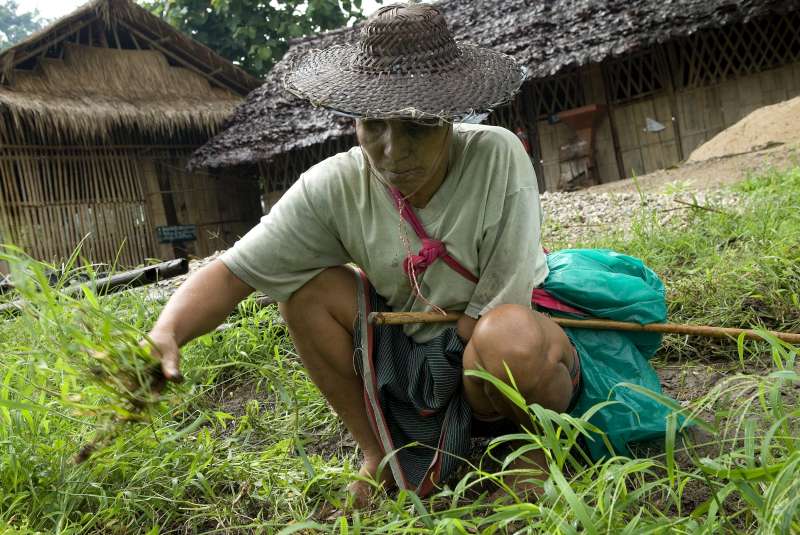Safe Value Chains
Globally, UNHCR focuses on value chains in the following sectors:
Agriculture & rural development
Many refugees originate from rural areas and hold valuable agricultural skills as crop producers, livestock keepers or fishermen. Where they have access to family plots, refugees can often grow enough to increase their food security, reducing dependence and increasing self-reliance. With access to more land, refugees could even produce enough to enter lucrative markets and prosper. They could contribute to local economic development while providing for themselves and their families, benefitting refugees and host communities alike.
Our aim is to help refugee producers improve production, increase sales, enter new markets and build resilience to climate-related and market shocks.
Artisanal markets
Many refugees have specialized artisanal skills which have been passed down over generations and practiced over a lifetime. By modernizing traditional skills, building business acumen, partnering with social enterprises and linking with retail brands and buyers, UNHCR can connect refugee-made artisanal products with international markets where they are in demand.
UNHCR and its partners are currently embarking on a new global, collaborative initiative designed to link refugee artisans with markets. MADE51 – Market Access, Design and Empowerment of refugee artisans – will showcase the product collection through branding and a marketing platform, widening sales opportunities and offering new market access for refugee artisans and their supporting social enterprises.
The main aim is to improve livelihoods opportunities – however, the approach also brings other benefits. Artisanal work throughout the world mainly involves women, and women on average invest 90% of their income in the wellbeing of their families. UNHCR counts on the multiplier effect, the reverberating positive impact that investing in women has on their families and their communities, to lift refugee families. However, they need our assistance and your support to get started.
Resources for Livelihoods - Safe Value Chains
- ILO's approach to Value chain development
- Value Chain Development for Decent Work: How to create Employment and Improve Conditions in Targeted Sectors
- Responding to the Global Refugee Crisis: How market assessments can enhance the impact of livelihood interventions for refugees
- The Aspen Insitute Alliance for Artisan Enterprise
- UNHCR, 2017 : Market Access, Design and Empowerment for Refugee Artisans (MADE51), A new initiative bringing market access to refugee artisans - Summary document
- UNHCR, 2017: Introducing MADE 51, Market Access, Design and Empowerment for Refugee Artisans
- Under artisanal markets, please hyperlink MADE51 – Market Access, Design and Empowerment of refugee artisans
- Climate smart agriculture

